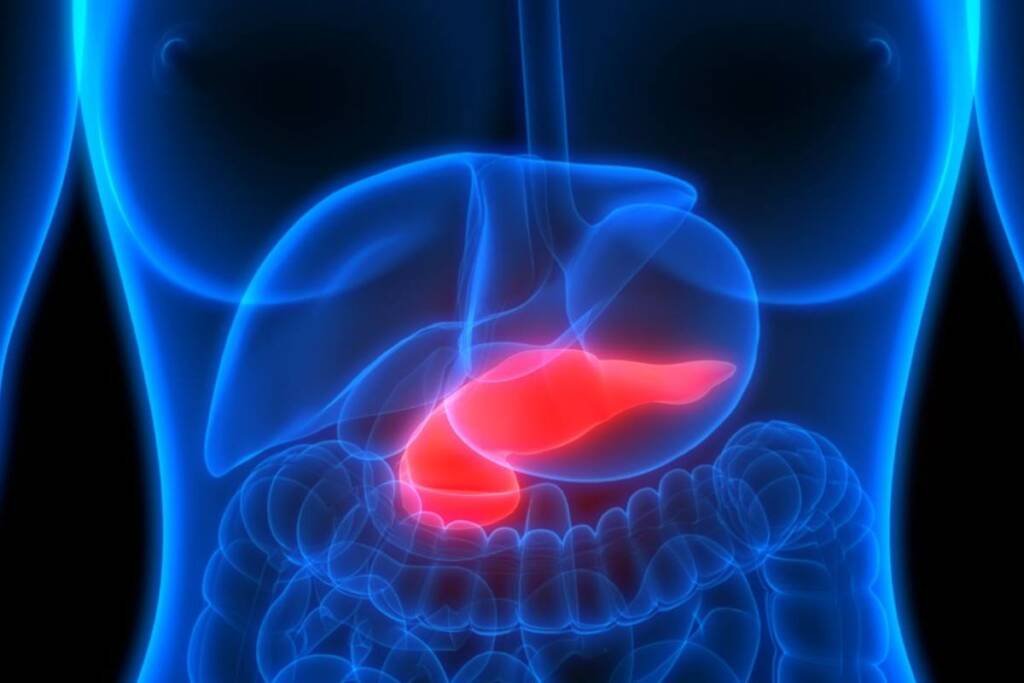Source – Theriva Biologics
On 28June 2023, the FDA has granted Orphan Drug Designation (ODD) to VCN-01 in combination with the standard chemotherapy doublet of gemcitabine and nab-paclitaxel for the initial treatment of patients with pancreatic ductal adenocarcinoma (PDAC).
“The FDA’s decision to grant orphan drug designation to VCN-01 highlights the urgent need for new treatment options for patients with PDAC, which has one of the lowest survival rates among all cancers. Efforts to improve upon the standard of care treatment have largely stalled, despite the growing incidence of PDAC, and the need for novel therapies in this indication is acute. The growing clinical data that underscore VCN-01’s multiple modes of action and the compelling clinical outcomes observed in Phase I studies of VCN-01 in combination with chemotherapy or immunotherapy in patients with PDAC and other solid tumors, give us confidence that VCN-01 has the potential to address this unmet medical need.”
– Steven A. Shallcross, chief executive officer of Theriva Biologics
VCN-01 is a genetically modified adenovirus currently being developed as a treatment for pancreatic cancer. In preclinical models of PDAC, this oncolytic adenovirus demonstrated direct antitumor efficacy and also effectively degraded the tumor stroma, which acts as a barrier to cancer treatment. The agent is currently being investigated in the Phase IIb VIRAGE (NCT05673811) study.
The VIRAGE study follows an open-label, randomized, two-arm design to evaluate the standard-of-care (SoC) treatment with or without VCN-01 in approximately 96 patients with pancreatic cancer. Patients will be randomly assigned in a 1:1 ratio to either the SoC arm or the experimental combination arm. In the SoC arm, patients will receive nab-paclitaxel at a dose of 125 mg/m2 as a 30 to 40-minute intravenous (IV) infusion, along with gemcitabine at a dose of 1000 mg/m2 as a 30-minute IV infusion following nab-paclitaxel. The SoC treatment will be administered on days 1, 5, and 15 of each 28-day cycle. In the experimental arm, the SoC treatment, given at the same doses and schedules as in the comparator arm, will be combined with a single IV infusion of VCN-01 at a dose of 1xE13 vp/patient, lasting 19 minutes, on day 1 of the first cycle, followed by day 1 of the fourth cycle.
The coprimary endpoints to be investigated in the VIRAGE study include overall survival and the incidence of adverse events in patients. The secondary endpoints include time to progression, overall response rate, disease control rate, 1-year survival, progression-free survival, duration of response, and changes in the tumor marker Ca 19.9.
Both male and female patients aged 18 years or older are eligible to participate in the study. Inclusion criteria require histologically or cytologically confirmed disease with an ECOG performance score of 0 or 1, as well as adequate organ function at baseline. Exclusion criteria include active infection, serious illness, autoimmune disease, or other conditions that may interfere with the effectiveness and/or safety of the study treatment. Patients who have received prior treatment with another investigational agent, live attenuated vaccines within the last three weeks, or are receiving full-dose anticoagulant therapy are also ineligible for enrollment in the study.





























